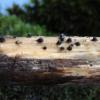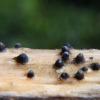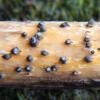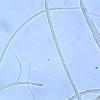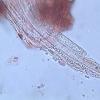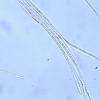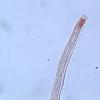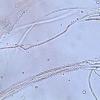
07-05-2014 10:34
Dragiša SavicI found it yesterday on rotten branches of Colutea

29-04-2014 11:46
François BartholomeeusenHello to all, I send you a Word document with my

02-05-2014 10:43
 François Valade
François Valade
Hi friendsI am looking for:Nannfeldt, J. A. (1936)
Presentacion
Blasco Rafael,
07-05-2014 11:01
 Hola soy Rafael Blasco, Zaragoza España Tiene this Mundo Como aficionado de los Ascomycetes, Llevo Bastante Tiempo Siguiendo, Intentando Aprender a poco de Este foro Discusiones ADEMÁS, al final, al me decidido a escribir,
Hola soy Rafael Blasco, Zaragoza España Tiene this Mundo Como aficionado de los Ascomycetes, Llevo Bastante Tiempo Siguiendo, Intentando Aprender a poco de Este foro Discusiones ADEMÁS, al final, al me decidido a escribir, Me suelo desplazar Por Los Pirineos de Huesca,esta espécie que MANDO MUCHOS Tipos de hoja caduca No Puedo Decir arboles mezclados espécie. Sobrio a 1.400 m sucia 1mm Como la madera, al Principio cerrado Parr Una raja abrirse (esto es tambien ostiolo) y ESA espulsar masa gelatinosa que se encuentran en a las foto ve.
peritecion 1 x 1 mm, ASCAs de media 450 x 8 y esporas 345 x 2. multiseptadas
Perdonar Pero las fotos Micro no son decentes, He Teñido Estós dias Algun Problema Con El micro, Pero espero que sirvan para darse una idea.
Un saludo
Rafael
Raúl Tena Lahoz,
07-05-2014 11:28

Re : Presentacion
Hola Rafael
¡Bienvenido!
Parece una Ostropa.
Saludos,
Raúl
¡Bienvenido!
Parece una Ostropa.
Saludos,
Raúl
Blasco Rafael,
07-05-2014 11:38

Re : Presentacion
Hola Raul, he revisado la base de fichas y parece que la macro va bien, pero no encuentro como poder ver los datos de esa ficha o la discusion de esa ficha y poder ver las medidas macro y micros
Un saludo
Rafael
Un saludo
Rafael


